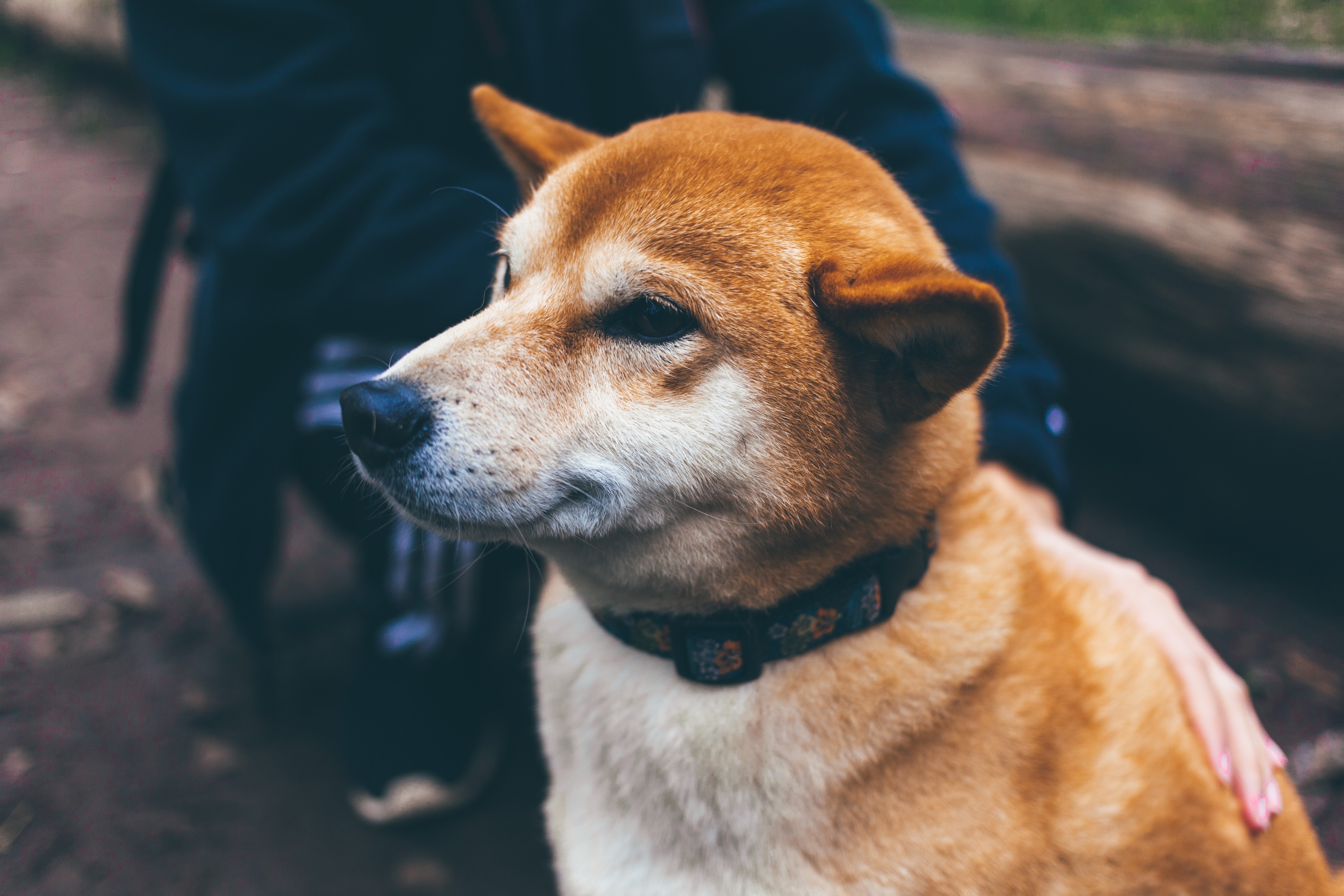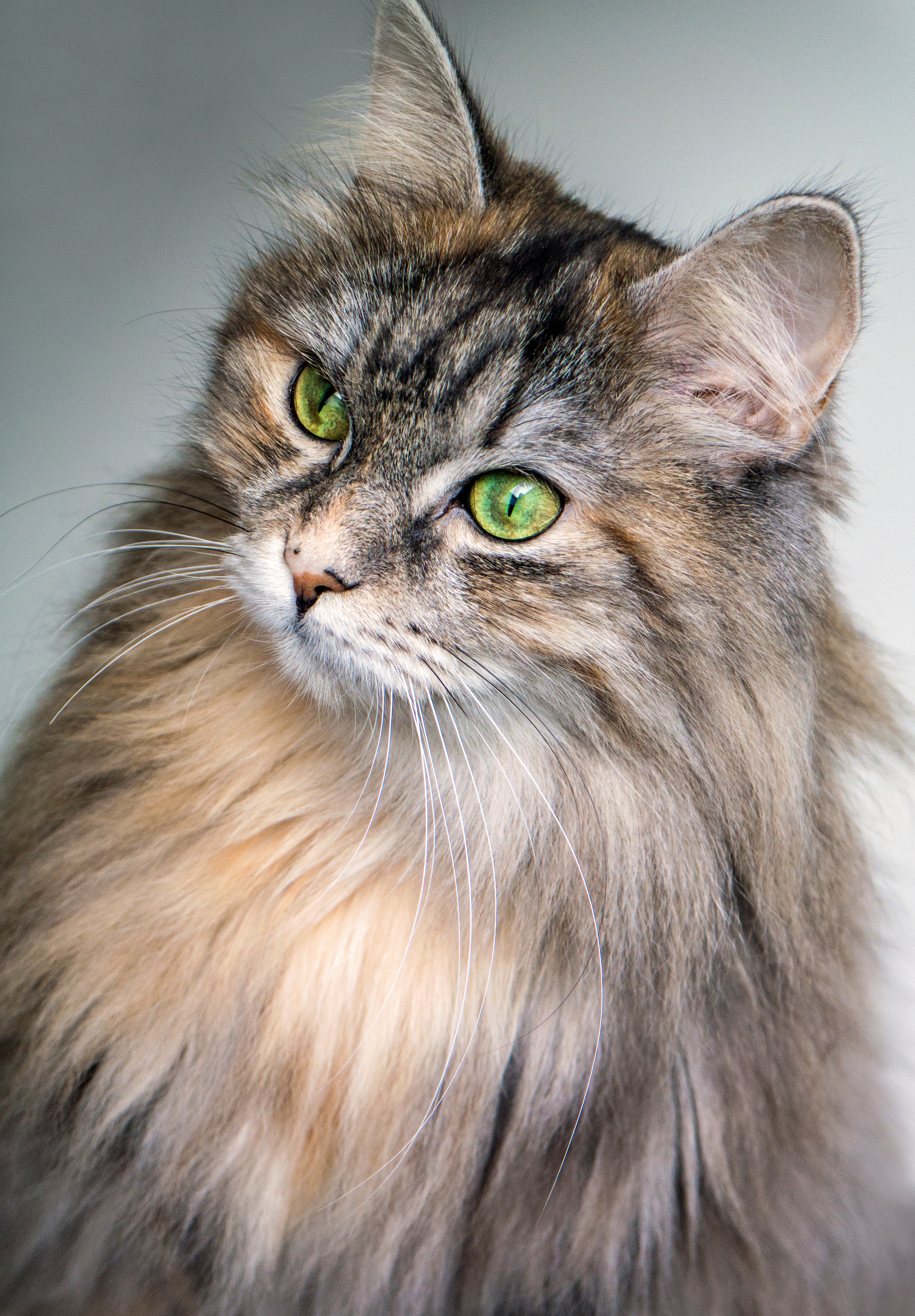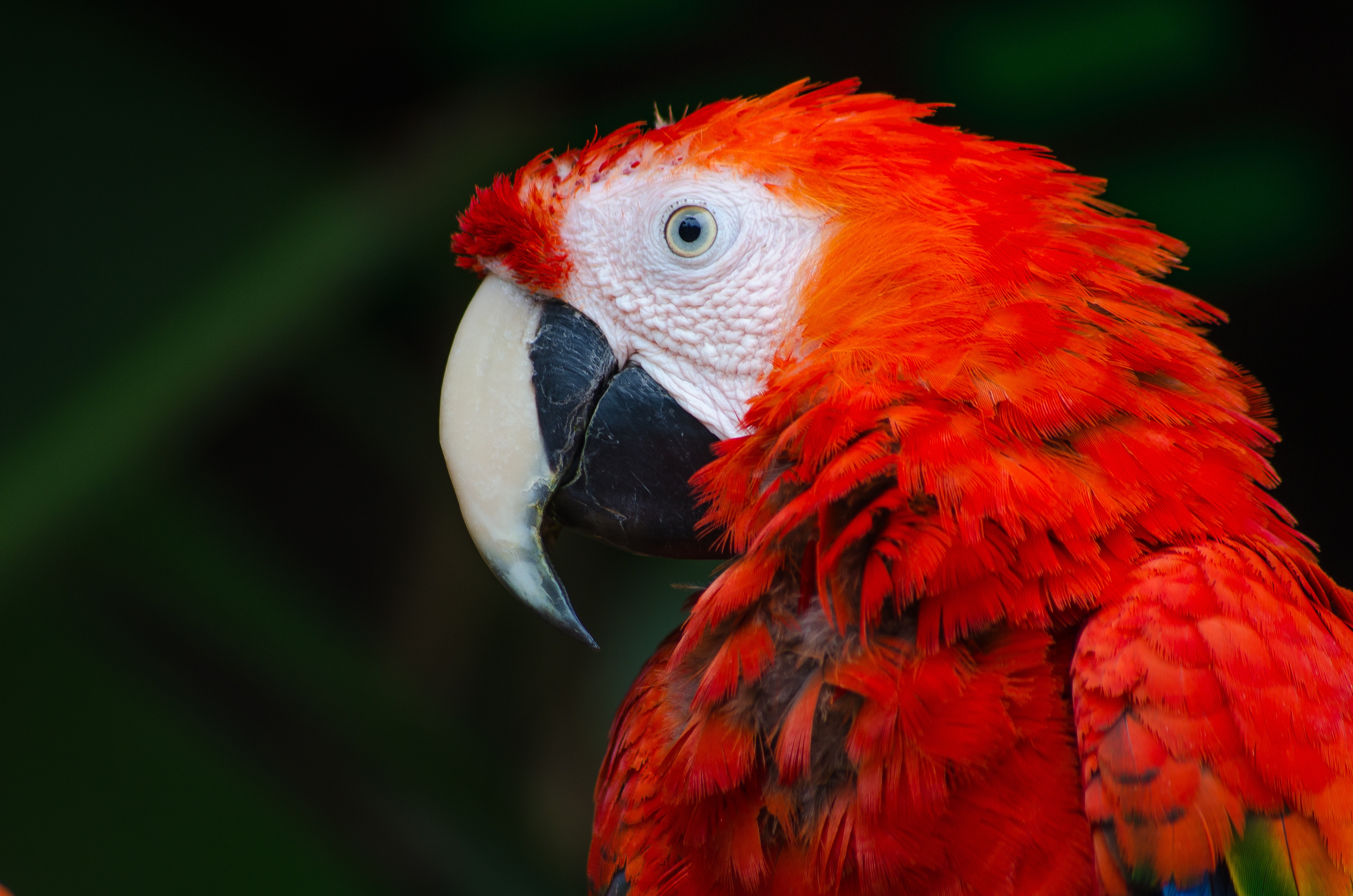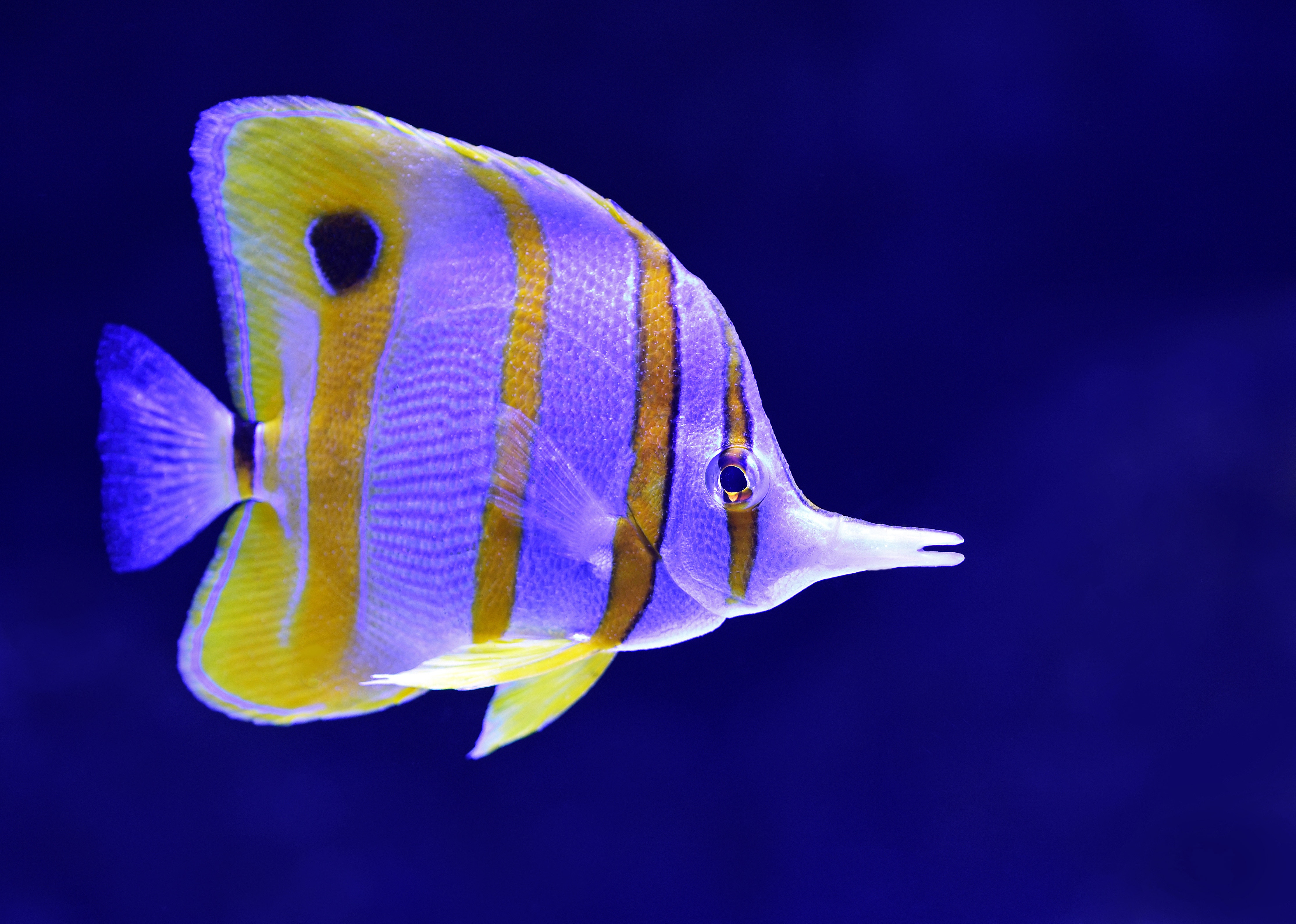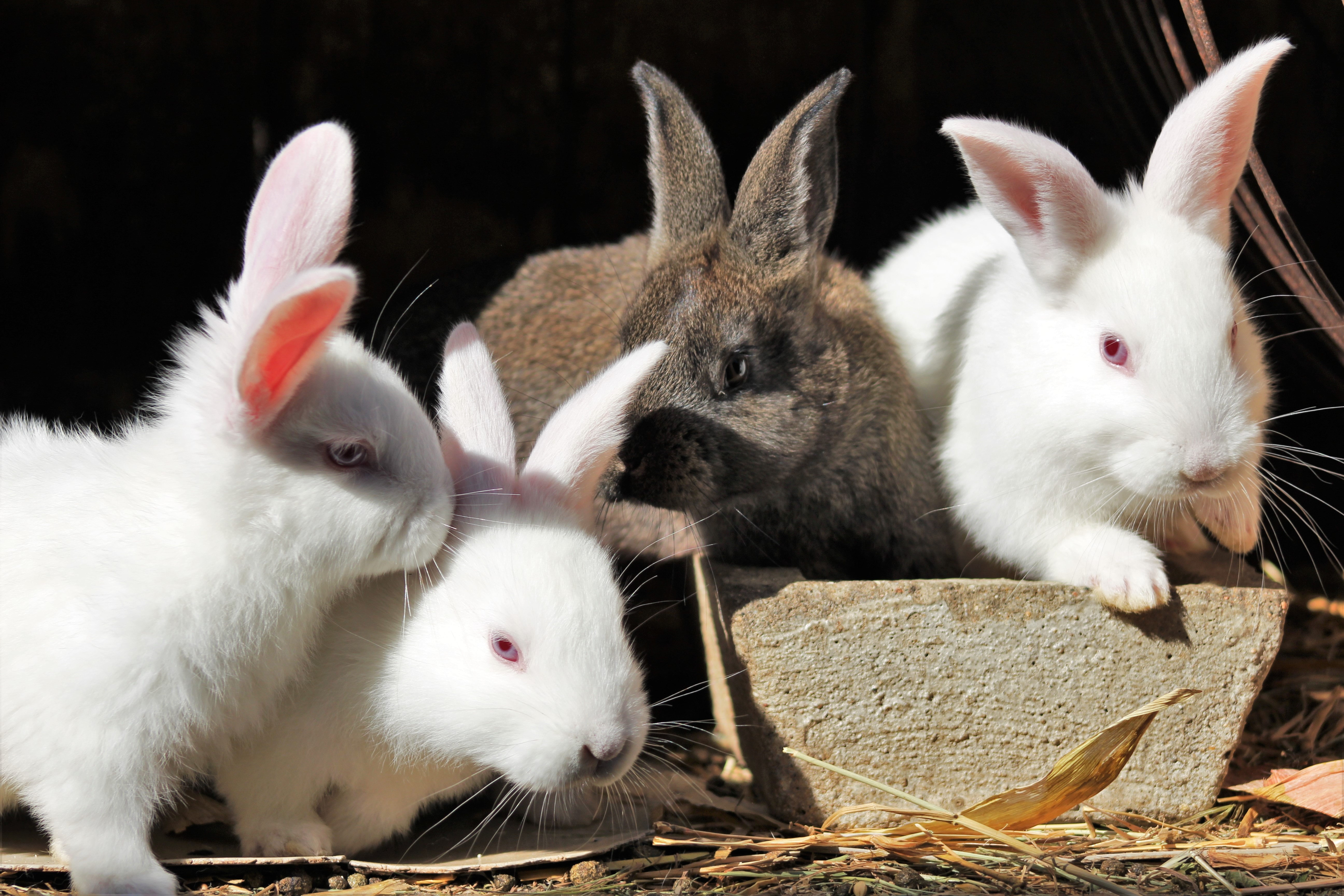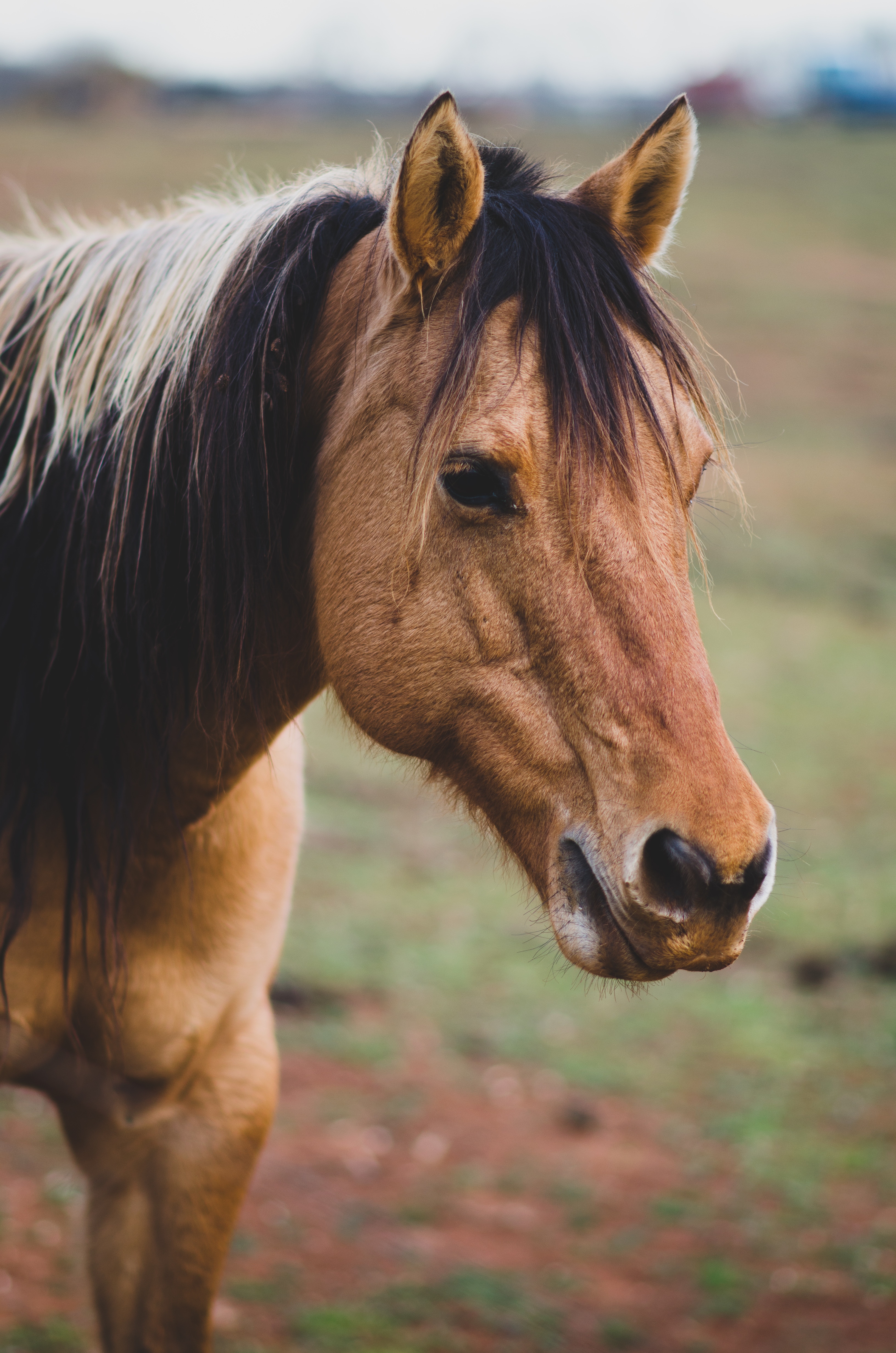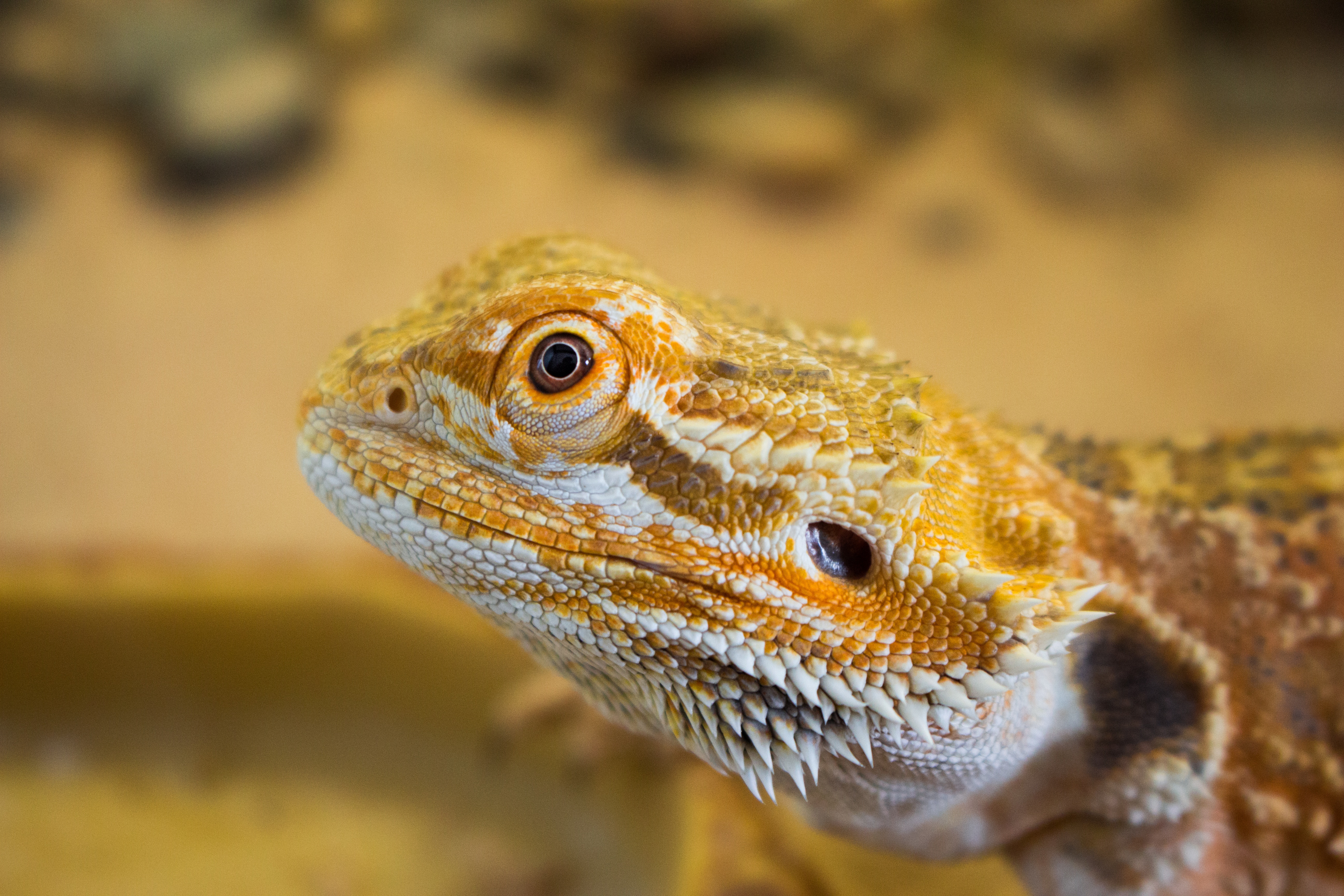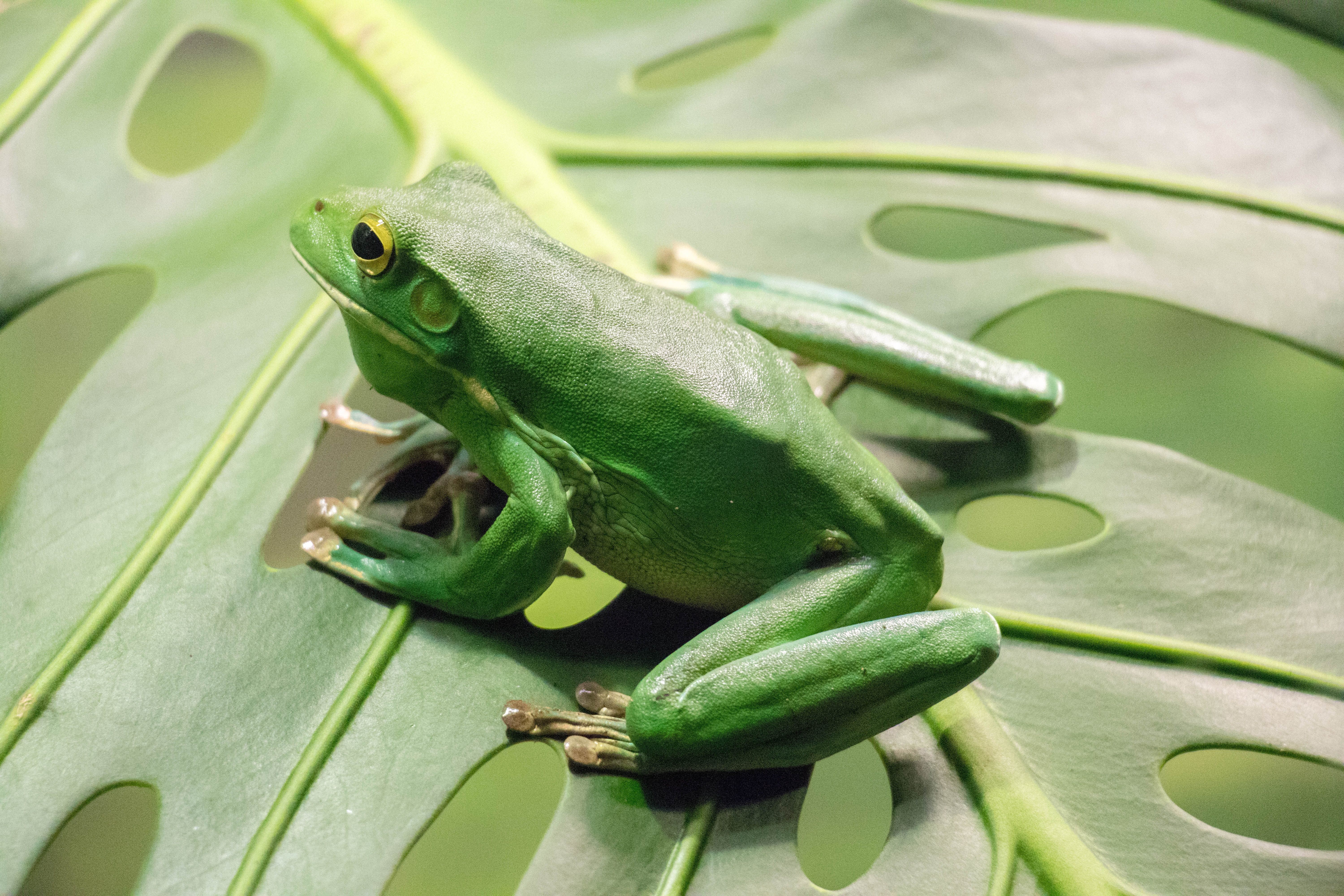Environment
A suitable living environment
Diet
A suitable diet
Behaviour
To be able to behave normally
Companionship
To have appropriate companionship
Health
To be protected from pain, suffering, injury and disease
1
Environment
A suitable living environment
2
Diet
A suitable diet
3
Behaviour
To be able to behave normally
4
Companionship
To have appropriate companionship
5
Health
To be protected from pain, suffering, injury and disease
Guinea pigs are very active animals and they need plenty of space to allow them to express all their natural behaviours such as running, exploring and foraging. Provide your guinea pigs with constant access to a secure shelter and a large exercise area. This will also help prevent fights or territorial behaviour towards their companions. If their exercise area is not situated on grass, it is a good idea to buy an additional run which you can place on the grass so they can enjoy exploring and grazing in fine weather. Guinea pigs can struggle with our unpredictable weather; if housing outdoors, the enclosure should be sited somewhere that protects against cold and damp conditions, as well as being out of direct sunlight and is secure to protect against predators such as foxes entering. If housing them indoors choose the biggest indoor enclosure your budget and home can accommodate. Always consider the noise level of the room they are in and avoid noisy areas. Guinea pigs are prey species and can find loud noises scary. Avoid keeping them directly next to a window or radiator and monitor the room temperature during warmer weather.
Guinea pigs are herbivores; a healthy diet plays a big role in helping to prevent dental disease and digestive problems. They should have constant access to good quality hay. In fact their diet should consist of 85% good quality green hay that is free from dust, 10% fresh forage (such as grass, garden herbs and leafy cabbage greens), 5% dry nuggets and clean drinking water which is constantly available. Muesli type feed and a lack of hay can lead to life threatening dental and digestive disease.
Happy guinea pigs are active and inquisitive although they will hide if startled, for example due to an unexpected noise. Guinea pigs love nothing more than to eat; this takes up a very big percentage of their day. In between this they will have a little lay down and stretch out or have a social conversation with their guinea pig friend. If they are truly happy you should also often see them ‘popcorn’, which is a leap of happiness into the air with all four feet off the ground. When handling guinea pigs it is advisable that children always sit on the floor and wait for the guinea pigs to come to them where possible. Children should avoid picking up guinea pigs and instead sit on the floor with the guinea pigs sitting on their lap. This will prevent any accidental falls if the guinea pig tries to escape.
Guinea pigs depend on the companionship of their own kind for their safety, comfort and happiness. They communicate through a large vocabulary of sounds to each other. They can be housed as two neutered males of the same age, two females or a castrated male to one or more females. Many rescue centres offer a mixing service for single guinea pigs. A lone guinea pig or one paired with a different species is likely to be less happy than one living with a well-matched companion guinea pig.
Although guinea pigs do not require regular vaccinations, they can still suffer from a variety of common ailments. The most common health issue for guinea pigs is parasite & fungal conditions which can cause extreme discomfort and even prove fatal if not treated promptly. Guinea pigs also require their nails checking regularly and clipping when needed. Most vet practices & rescues can offer guidance for their first nail trim. Neutering is generally only recommended for male guinea pigs who will not accept a male companion and will be more suited to a life with females. Unlike rabbits, neutering a male guinea pig to stop fighting in a pair will have no effect on the behaviour. Males can be castrated at around 3-6 months of age.
Avoid using sawdust, wood shavings that aren’t dust-free or any softwood products (e.g. pine) as these can cause illnesses such as breathing issues.
You should register your guinea pigs with a vet who will be able to provide you with more advice on things like neutering and general health care. Some vets may have more experience with guinea pigs than others.
Check before you buy
Please consider contacting your local animal rescue/rehoming centre
Rescue centres find themselves with every breed, age and temperament of guinea pigs. All reputable rescue centres will have health checked and socialised every guinea pig prior to rehoming. The average fee is often the same as purchasing a guinea pig from another source, however, guinea pigs from elsewhere will often not have had the above done and may come with considerable financial and emotional implications. The following PAAG members rescue and rehome guinea pigs: Wood Green the Animals Charity, RSPCA, Scottish SPCA, Raystede and Blue Cross.
Ensure you are 100% confident that the guinea pig(s) is the correct gender that you have been advised it to be
If you are unsure, speak to your vet for further advice. Unexpected litters & accidental pregnancies make up a large percentage of guinea pigs finding their way into rescue centres.
Spend plenty of time with the guinea pig(s) to ensure their character will suit your family
Don't be tempted to purchase ‘starter pack’ accommodation (indoors or out)
In most cases these will be too small to meet a guinea pigs needs and often poorly built with a short shelf life. Purchase or build large quality enclosures, that with the correct care, should last around 10 years. This may cost between £100-£500.
Always health check any guinea pigs you intend to purchase prior to taking them home
Healthy guinea pigs should be:
- Alert & inquisitive
- Walking about without signs of discomfort
- Healthy looking coat free from scurfy skin or chewed fur/bald patches
- Eyes bright and not weeping (sign of dental disease)
- Nose dry and clean
- Nails not overgrown and curling.
Always check what they have previously been fed, correct diet is very important for guinea pigs
Continue with this diet when you take the guinea pig(s) home. If you want to change the diet this should be done very gradually over a few weeks. If they have been fed muesli type feeds and had limited amount of hay they may be more at risk from suffering from dental disease.
Common Scams
The most common misfortune when taking on pet guinea pigs is that they are often incorrectly sexed resulting in unexpected litters, or a guinea pig is already unknowingly pregnant at point of purchase
Adopting guinea pigs from a rescue centre is one of the safest ways to guarantee you are taking on a healthy and happy pet.
Animals with extreme features or conformations are sadly becoming more and more the norm
Skinny pigs (hairless guinea pigs) have recently become popular. Whilst some may find them cute, they should not be taken on without a considerable amount of research. They are very time consuming as they require a lot of specialist care.

